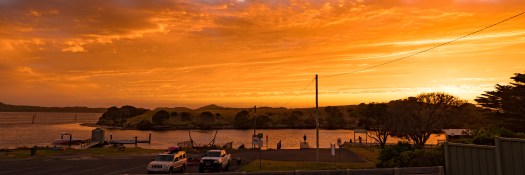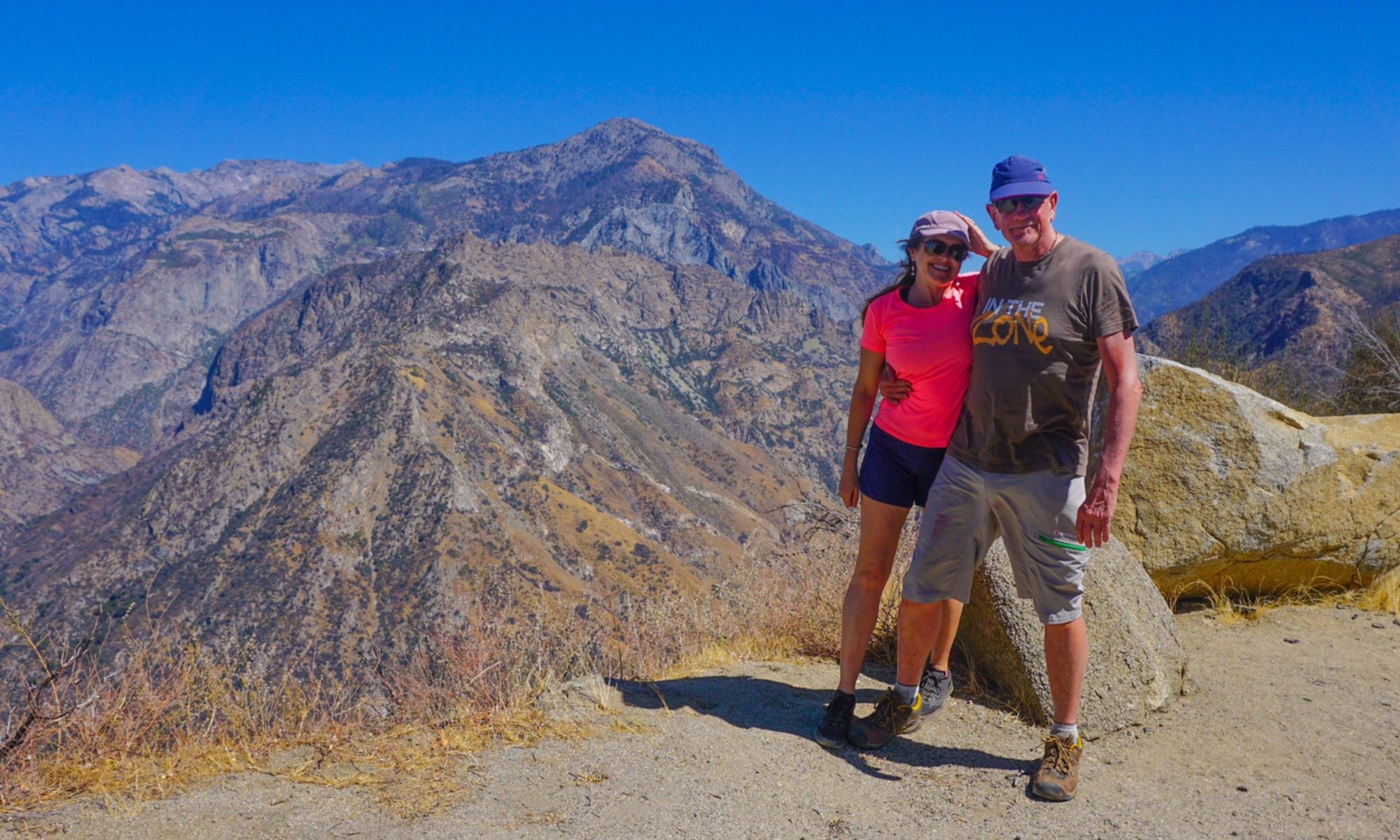Author: Mr A
Location: Nelson, Victoria, Australia
“Full timing” is what the Brits call folk like us who are travelling for extended periods in their home on wheels. Its been a lifestyle choice for us for three years and the last few weeks have just reminded us of all the up sides of doing that in Australia. Our UK trip last year, and Europe the year before, was fantastic, but our time last year in Australia was marred by the bushfires., then we got sick, then had a couple of accidents whilst towing. It was challenging.
This trip since we left Sydney in early December has just reset the dial. The weather has been kind, not too hot, (although that has just changed), El Nina blessed us in the southern states with some much needed rain in manageable doses (unlike in Northern NSW and Queensland where it has been floods). The campsites have not been too crowded, perhaps a fall out from the uncertainty of border openings with the virus outbreak in South Australia then NSW. The car and the van have been mostly behaving themselves, with only a fly screen failing so far. The roads have been pretty empty once leaving the crowded coast. Its been absolutely delightful. Just like the lifestyle ads for caravans would have you believe! .
So our home for the last four days has been right on the border between the States of Victoria and South Australia, where the tiny settlement of Nelson sits nestled at the mouth of the Glenelg River. We had visited this area briefly in 2012 when we were both working, and had marked it as one we wanted to explore further when we had more time, and now we do!
The Glenelg River is really the main draw card, winding as it does for over 100km though sandstone and limestone gorge country. A long distance footpath, the Great South West Walk (GSWW) also follows the river for much of its distance. We have got our new inflatable kayak wet a number of times as well as explored a little of the path. It’s an area that we would thouroughly recommend. Enough off the beaten track with 350km separating it from Melbourne and 400km from Adelaide, it still preserves that quintessential Australian coastal charm, with pristine (largely deserted) white sand beaches, with eucalyptus and melaleuca forest stretching down to azure blue waters.
We had quite a job getting into our pitch on the campsite, described by one of the rather abrasive camps site managers as “one of our biggest sites”. Fifteen minutes later and her husband was still trying to get us squeezed in, winding around another caravan’s tow bar with about two centimetres to spare. He apologetically brought a couple of cold beers round after he had! We had amazing views over the mouth of the river, and were treated to several amazing sunrises and ets. A top spot.








The new kayak is proving to be a great purchase, and we have had it out on the water for several trips. One trip (paddling map) across the estuary gave us top bird spotting opportunities with the range of water birds present. These included spoonbills, pelicans, nankeen night herons, white faced herons, black swans, musk ducks, sandpipers, terns, kingfishers and many more.





That afternoon we thought we had better give our legs a turn at exercise rather than the arms, so headed out to have a look at the long distance path mentioned above that runs through Nelson (walk map).




The GSWW follows a circular route (unusually) of over 260km along both the Southern Ocean and the Glenelg River, with 14 bush camps provided en route. We didn’t find the first section we did that inspiring to be honest, trudging along a four wheel drive track, with the odd vehicle skidding round sandy corners forcing us to jump into the bushes. Given the size of this country, to have a walking path share space with vehicles just seems downright mean.
The next day, we took ourselves back on the water for another paddle, launching a short way up in the Lower Glenelg National Park.


We soon had the kayak pumped up. Each time we learn something new and it gets a bit easier and quicker.

A short way along the river we soon saw to our delight a kingfisher darting amongst the trees. These little guys don’t stay still long and don’t come close, so Catherine found it a challenge to catch one in focus.


The heat soon forced us though to retreat back to the car, as it was 33 degrees with no shade on the river. We had really left it too late to get out, as it was nearly 11am before we launched. With boiling brains we headed back to camp and a few cold drinks.
Our final day at Nelson was even hotter at 38 degrees with 40kph winds making it feel like you were constantly having a hair dryer pointed at you. The washing didn‘t take long to dry though!



